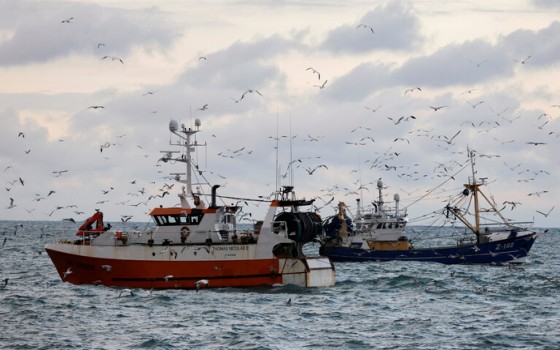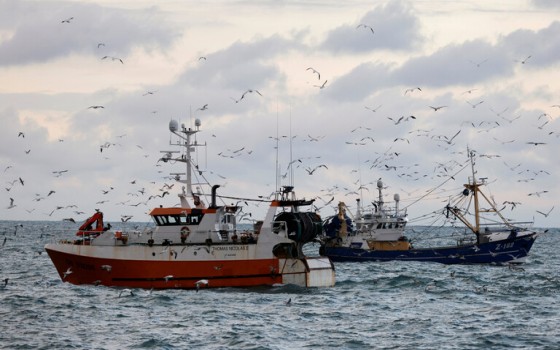
The European Parliament voted in favor of banning petrol and diesel cars on European roads.

- Europe and Arabs
- Wednesday , 15 February 2023 12:25 PM GMT
Brussels: Europe and the Arabs
The European Parliament voted in favor of putting an end to internal combustion engines on European roads. By 340 votes to 279 (21 abstentions), MEPs backed an agreement with member states to end sales of new CO₂-emitting cars by 2035.
The regulation states that the carbon dioxide emissions of new cars and light commercial vehicles will be reduced to zero by 2035. In effect, this means that the light turns red for petrol and diesel cars on European roads. In the meantime, emissions from new cars must already be cut by 55 percent by 2030 compared to 2021, and those from vans halved.
In the previous debate, opponents warned, among other things, of thousands of job losses and expensive cars, but European Commission Vice President Frans Timmermans opposed this. "The operating costs of an electric car are already lower, and in a few years it will also be cheaper to buy an electric car than to buy a car with a combustion engine," he said.
The plans, contained in the resolution voted by parliament in Strasbourg on Tuesday, include replacing carbon-neutral vehicles with urban buses by 2030 and reducing carbon emissions from new trucks sold starting in 2040 by 90 percent.
Earlier, EU members agreed to a separate ban on cars and vehicles powered by fossil fuels from 2035.
However, the Commission's proposals for larger freight and passenger vehicles are still under negotiation with member states.
In January, the Netherlands, Belgium, Denmark and Luxembourg asked EU institutions to set a date by which new trucks and buses in Europe must become CO2-neutral.
It set ambitious targets for cars, including setting a deadline of 2035 for all new cars sold in Europe to be zero-emissions.
Transition began
In Belgium, diesel and petrol cars still account for more than 90 percent of the vehicle fleet, but the transformation has also begun in our country. The federal government has set itself the goal of having all of the company's cars be electric by 2026, and last year the Flemish government expressed ambition in its climate plan to phase out the sale of new combustion-engined cars from the end of this decade.
The regulation is part of the EU Climate Fit 55 package. This package aims to reduce greenhouse gas emissions in the EU by at least 55% by 2030 compared to 1990 levels and keep the EU on track in the long term to achieve climate neutrality by 2050. .












No Comments Found